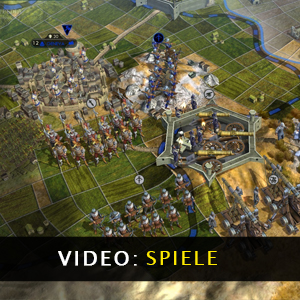

Not a large country, it nevertheless offers a diversity of terrain, ranging from the low-lying coast to rolling plains in the south to the Estrela Mountains, rising to 6500 feet at their highest point. The modern nation of Portugal occupies a portion of the Iberian Peninsula in Europe, as well as two archipelagos in the Atlantic: Madeira and the Azores. It is apparently inhabited by one man who lives in a long row of yellow houses with red roofs, and populated by sheep who do grand acts of balancing on the side of the hill." But, with its rich history and culture, and now one of the world's most globalized nations, Portugal is much, much more.


Davis, who wrote, "Portugal is a high hill with a white watch tower on it flying signal flags. The erroneous view that Portugal has been no more than an outpost on the fringe of Europe was summarized by American journalist Richard H. A new constitution in 1976 and membership in the EEC in 1986 insured that it would remain a progressive democracy. After the 1910 revolution which ended the monarchy, Portugal suffered through a succession of juntas and dictatorships until democratic elections were finally held in 1975. The 1800s saw the dismantling of that empire, Brazilian independence in 1822 being the most serious blow to the power and prestige of Portugal. Spearheading the "Age of Discovery," in the 15th and 16th centuries Portugal would establish the first global empire, stretching from South America to Africa to the Far East. During the Reconquista, Portugal was born as an independent Christian kingdom in 1139. Over the following centuries, the Romans, Suebi and Visigoths ruled the peninsula but the history of Portugal might be said to begin with the Muslim invasion in 711 AD. Inhabited since prehistoric times, Portugal was reached by Phoenician and later Carthaginian traders in the first millennium BC, there meeting Celtic tribes that had pushed into Iberia across the Pyrenees. Then explore the world while trading, and send out Workers to build Feitorias in all city-states you consider to be strategic for you. Develop the Portuguese as a seafaring civilization while developing the Patronage policy tree, try to rush Astronomy, and start producing Naus ASAP. What's more, thanks to their unique improvement, the Feitoria, they can gain access to almost all luxuries without having to trade for them, thus leaving more Gold and resources for other sorts of trading deals!īecause their main power comes from city-states, Portugal should be concerned primarily with them, which points towards a diplomatic victory. As if this weren't enough, their unique naval unit, the Nau, is able to conduct special trade missions that provide one-time Gold boosts, in addition to an XP bonus. Throughout the game, their Trade Routes produce double the Gold revenue from resource diversity. The Portuguese are one of the dominant trading nations in the game, oriented towards sea trade.


 0 kommentar(er)
0 kommentar(er)
